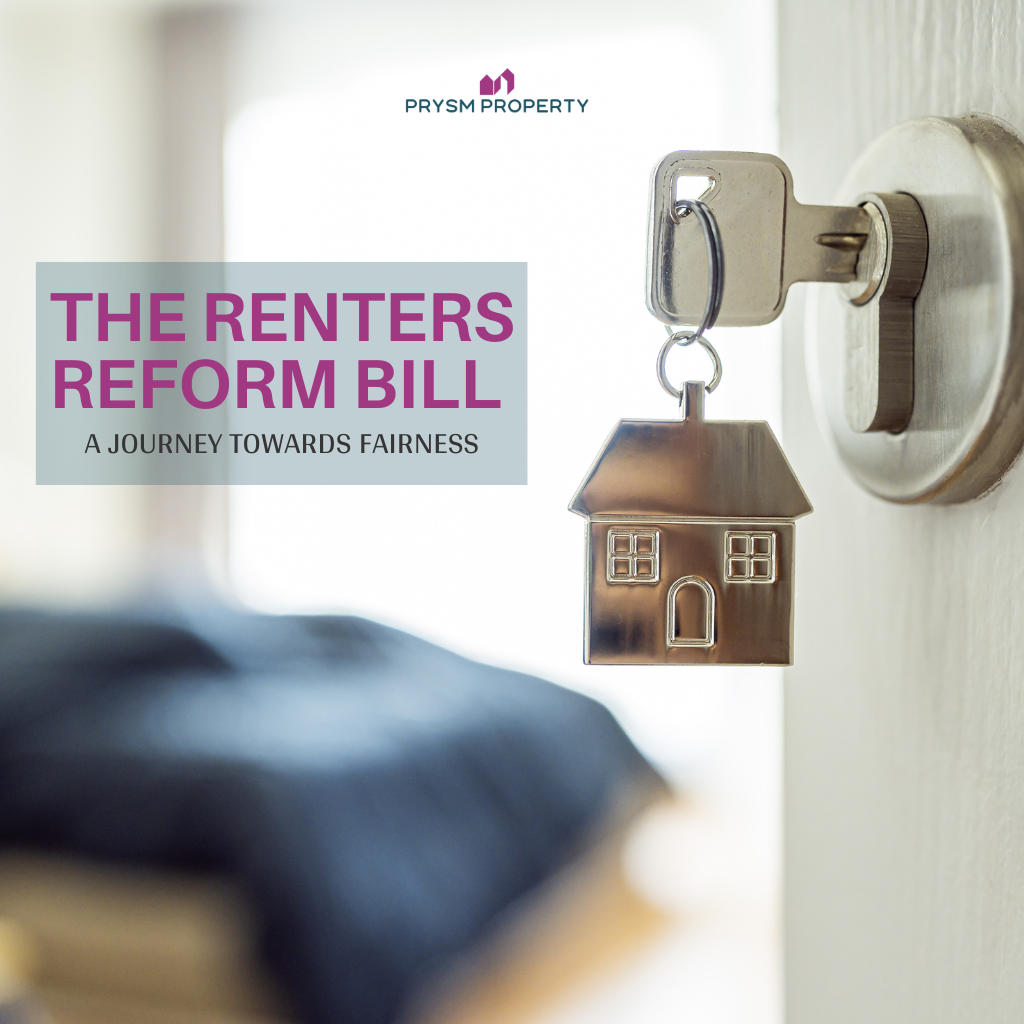In a landscape marked by the ebb and flow of tenancies and the quest for safe, secure housing, the Renters (Reform) Bill emerges as a beacon of change. With promises to dismantle outdated practices and safeguard the rights of both tenants and landlords, this bill stands as a testament to the government’s commitment to foster a fairer, more equitable private rented sector. As we look at the highlights of this transformative legislation, let us unravel the complexities, understand the motivations, and envision the impact it holds for millions across England.
Navigating the Renters (Reform) Bill: A Journey Towards Fairness
The Renters (Reform) Bill heralds a new era for England’s private rented sector, seeking to rectify long-standing grievances and fortify the foundations of rental housing. Rooted in a comprehensive understanding of the sector’s nuances, this bill charts a course towards enhanced security, improved standards and balanced landlord-tenant relationships. Here’s a closer look at its key provisions and the transformative potential they carry:
Background:
Amidst the flux of rental agreements and the quest for decent housing, the private rented sector emerges as a vital cog in the housing machinery. Yet, lurking beneath the surface lies a tapestry of challenges – from precarious tenancies to dilapidated living conditions. The Renters (Reform) Bill, born from years of consultation and collaboration, seeks to address these issues head-on, ushering in reforms that promise a brighter, more equitable future for all stakeholders.
Overview of Bill Measures:
- Abolishing ‘No Fault’ Evictions: Section 21 ‘no fault’ evictions will be relegated to history, ushering in a simpler tenancy structure that prioritizes tenant security and empowerment. This is probably the most controversial measure, since landlords would need to prove to a judge that they have adequate grounds for possession.
- Adoption of Periodic Tenancies: The bill is also looking to abolish fixed-term tenancies and replace them with tenancies with no fixed end date. The intention is to allow the tenant both the security and flexibility that rented accommodation offers.
- Comprehensive Possession Grounds: Landlords gain clearly defined avenues to recover their property while tenants receive stronger protections against unjust eviction.
- Protection Against Backdoor Evictions: Measures are introduced to safeguard tenants against excessive rent hikes designed to force them out, ensuring fair market rates and impartial adjudication.
- Private Rented Sector Ombudsman: A new avenue for fair resolution of disputes, offering a swift and impartial alternative to the court system.
- Privately Rented Property Portal: Landlords gain clarity on legal obligations, tenants make informed decisions, and local councils target enforcement effectively.
- Pet-Friendly Policies: Tenants gain the right to request pets, fostering a more inclusive rental environment while ensuring landlords’ interests are protected.
Further Improvements:
Beyond the Renters (Reform) Bill, the government remains committed to bolstering the private rented sector through additional reforms. From aligning court processes with legislative changes to applying the Decent Homes Standard and combating discrimination, these initiatives underscore a holistic approach towards building a rental landscape defined by fairness and integrity.
As the Renters (Reform) Bill takes center stage, it heralds a paradigm shift in England’s private rented sector. With its arsenal of measures aimed at enhancing tenant security, bolstering landlord confidence, and fostering healthier housing standards, this legislation embodies the government’s unwavering commitment to building a fairer, more inclusive rental landscape.
The caveat is that balance needs to be applied. Unfortunately there is a minority of unscrupulous actors on both sides of the rental fence, so any new legislation should aim to protect decent tenants and landlords from being taken advantage of. If not, the net result will be damage to the private rental sector in the form of lower quality properties, reduced housing stock and higher rents.
As stakeholders embark on this transformative journey, guided by the principles of equality and accountability, there is great potential for a brighter, more resilient housing future. Of course, this is dependant on striking the right balance and ensuring that both tenants and landlords needs are catered for.



